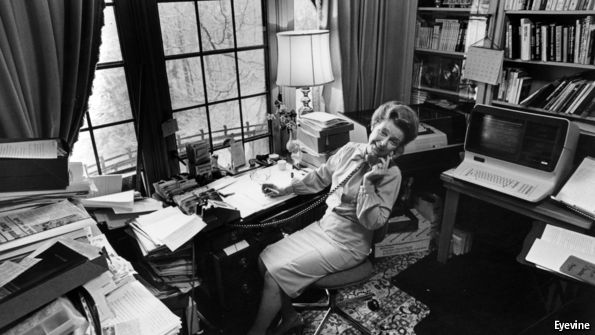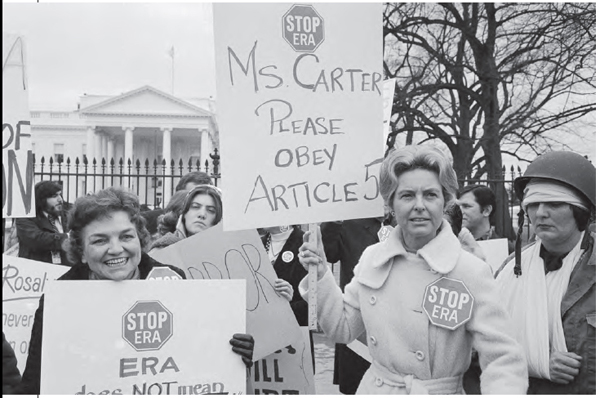
And it was also a model of activism that would not have been possible had the second-wave feminist movement not asserted that issues like abortion and the division of household labor-e.g., women and family issues- were political.Įven as a young woman, Schlafly was a formidable figure. It was a model of activism co-opted by anti-school busing activist Louise Day Hicks and a wave of other conservative women activists afterward. In the end, it was reaching for her expertise as a housewife-not in foreign policy or law or politics-that allowed her to break through.


A young politico aspiring to make a name for herself in anti-communist foreign policy, Schlafly found door after door closed to her. That battle won, Schlafly used her personal organization, the Eagle Forum, to launch a broadside attack against gay rights, pornography, abortion rights, activist judges-name the social issue, and Schlafly was there, the culture war’s Joan of Arc.īut this career was itself a product of sexism. Those women, mostly political neophytes, swarmed state conventions and successfully blocked ratification in the remaining 15 states-and even persuaded five states to repeal their ratification. At a time when the ERA’s ratification seemed a sure thing-35 of the necessary 38 states would ratify it-Schlafly crisscrossed the country, organizing Mormon, evangelical and Catholic women.

Schlafly became a household name in the early 1970s when she launched STOP-ERA, the anti-feminist organization formed to prevent ratification of the gender-equality amendment. As she grew in influence, it was exactly the activist framework pioneered by feminists that she used in her long, and ultimately unsuccessful, efforts to stop them. “I consider you an Aunt Tom,” National Organization for Women founder and writer Betty Friedan famously told Schlafly in a 1973 debate, repurposing an expression for racial betrayal and leveling it against a woman who used her public stature to argue for the continued confinement of women to the domestic sphere.īut perhaps the great irony of the most famous anti-feminist icon in recent history is that Schlafly couldn’t have done it without feminism. She fought for what she called the “rights of the wife” against the Equal Rights Amendment in the 1970s, which would have guaranteed equal rights to women in the Constitution, but herself was an accomplished activist and writer with a law degree. The life of conservative icon Phyllis Schlafly, who died on Monday at age 92, is riddled with ironies. She is an assistant professor at the University of Virginia’s Miller Center and co-host of the Past Present podcast. Nicole Hemmer is author of Messengers of the Right: Conservative Media and the Transformation of American Politics.


 0 kommentar(er)
0 kommentar(er)
